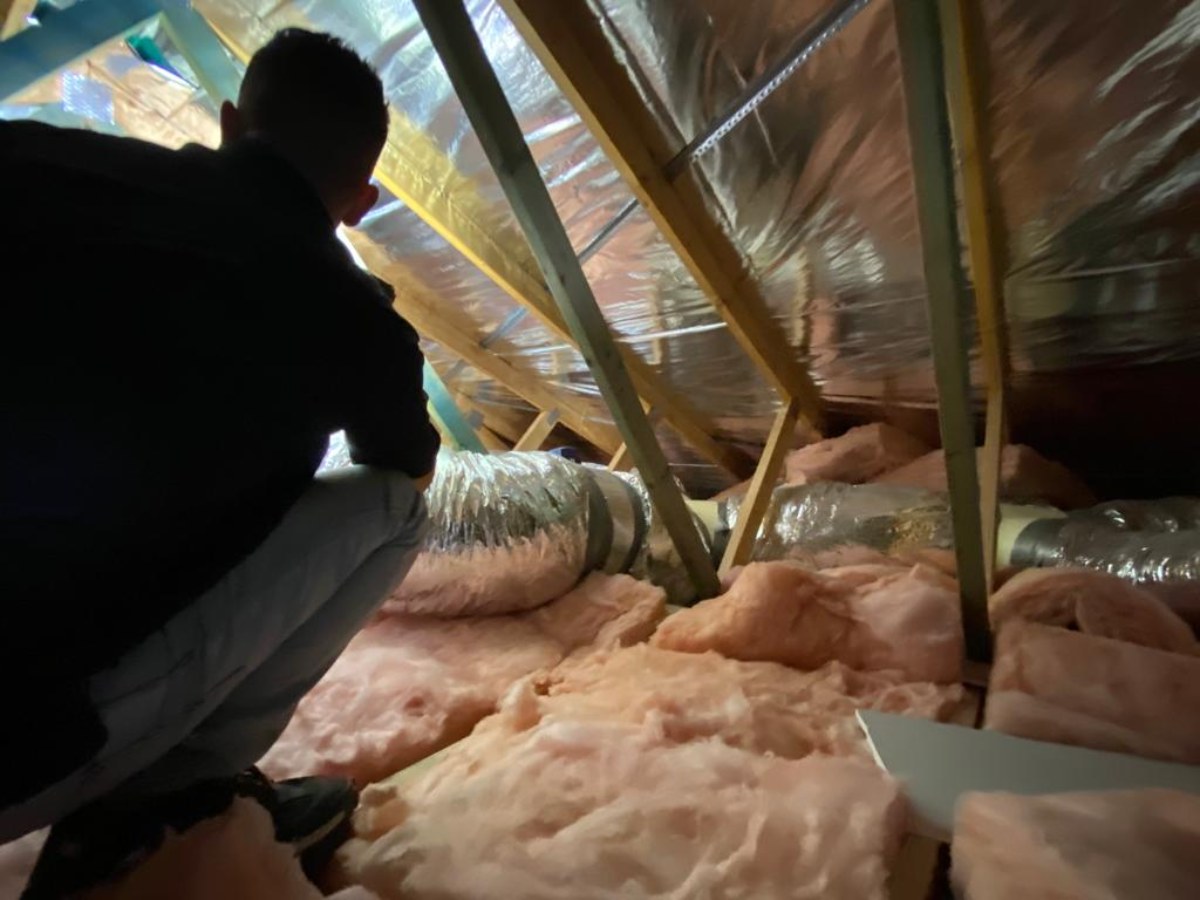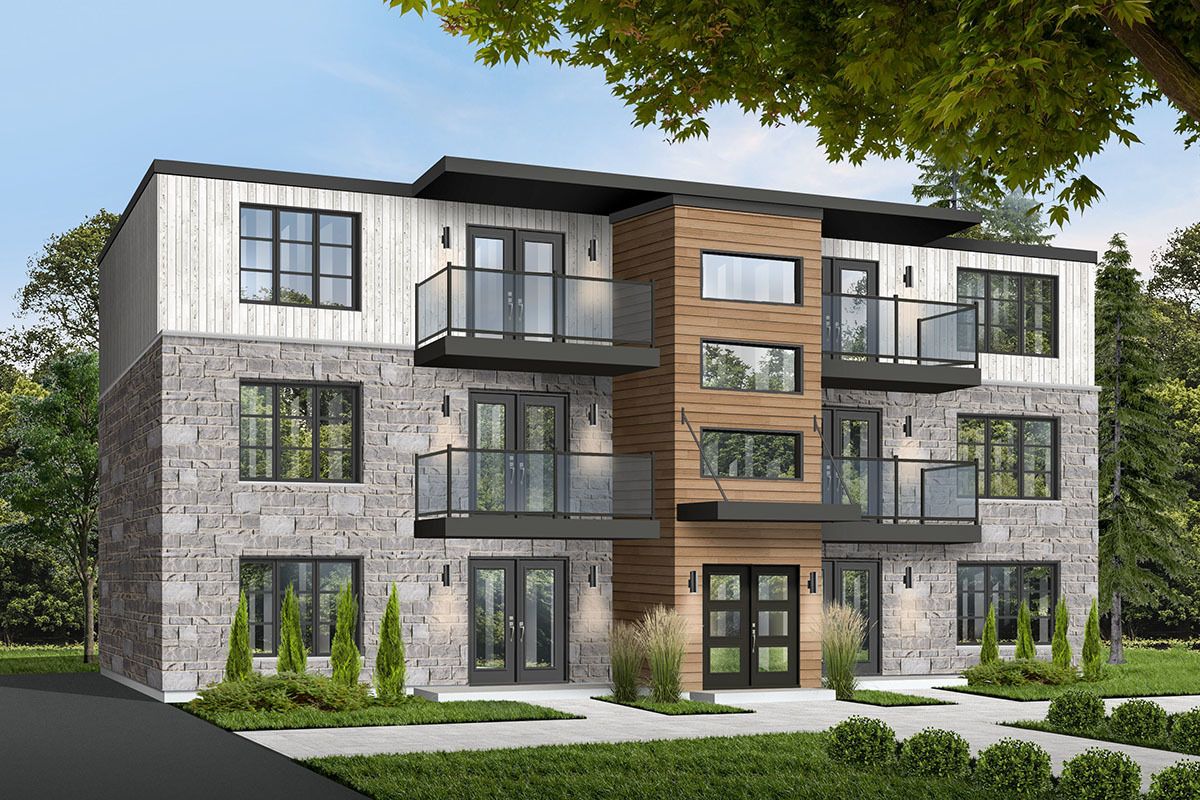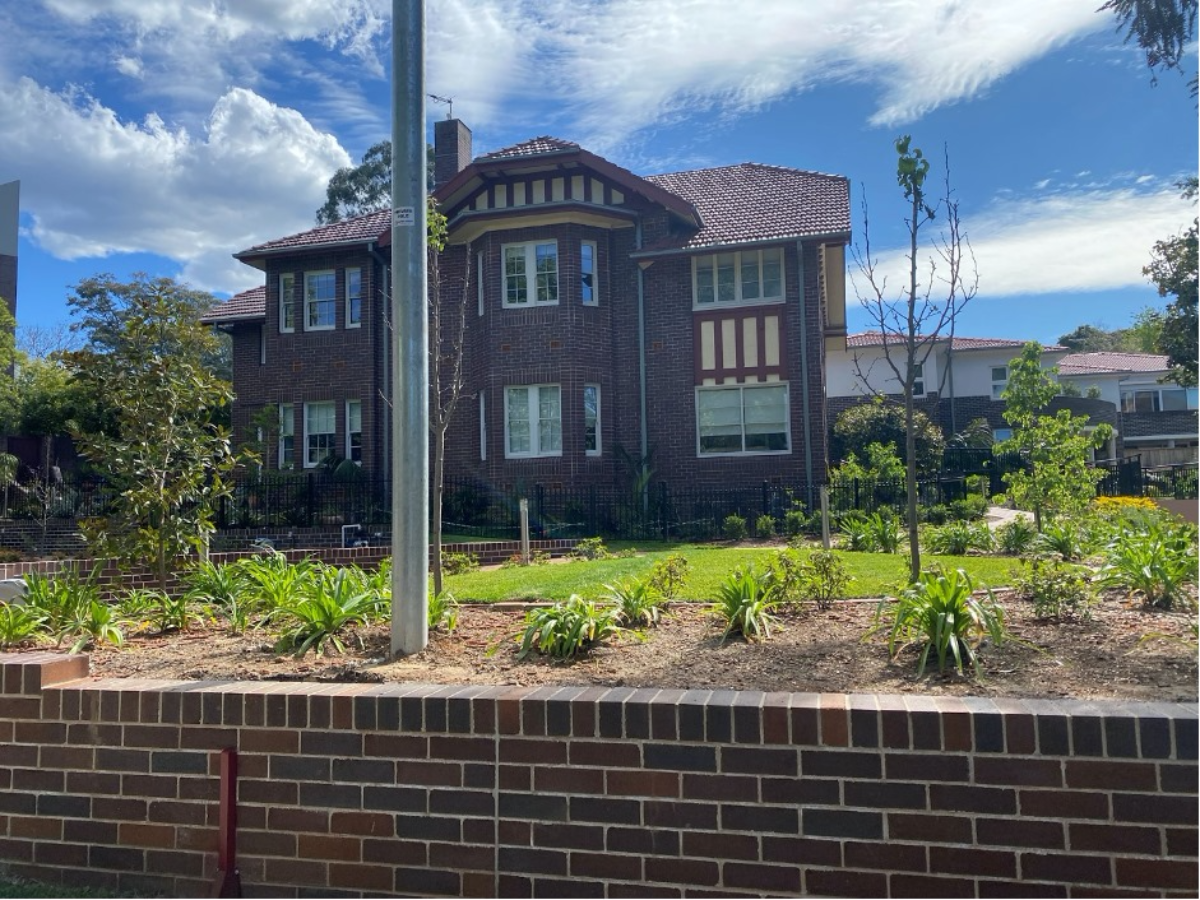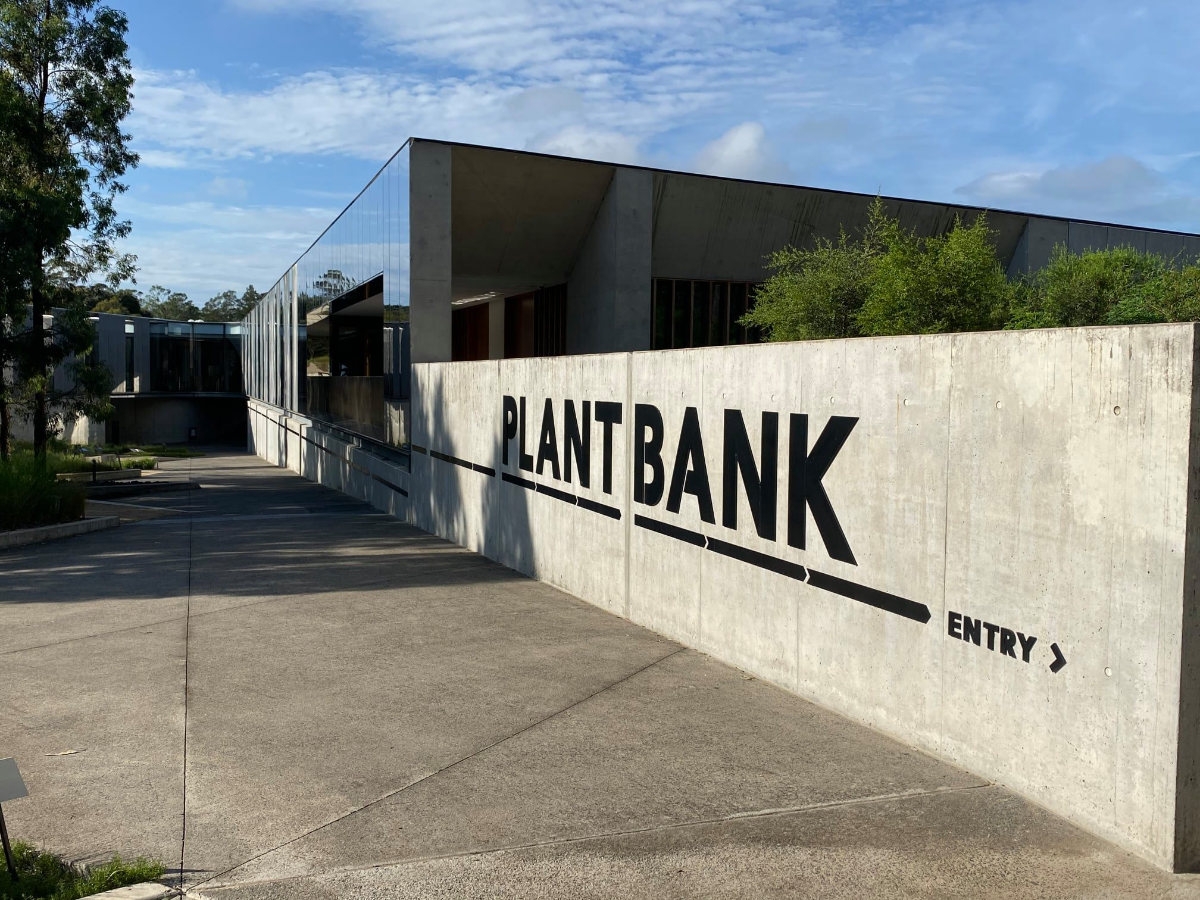
- April 29, 2021
- Effective Building
- 0
Nowadays, it’s becoming commonplace to employ the services of home inspectors prior to purchasing a property. Property is the biggest investment you will ever make, so naturally, you’re going to want to know everything there is to know about the house you’re considering buying. After all, the last thing you want is for nasty surprises to surface a few years down the track.
While a property may appear to be in excellent condition to the average home buyer, experienced home inspectors know exactly what to look for when it comes to building defects and problems.
Once the home inspectors have completed the building inspection, you will have a good understanding of the true condition of the home.
With this comprehensive report, you will be able to decide the most appropriate course of action to take, whether that’s to back out of buying the property, request that repairs be made, or negotiate a price that reflects the current condition and building’s defects.
Signs of Defects and Problems that Home Inspectors Can See
So, what exactly are the defects and problems home inspectors looking for? Home inspectors will crawl under the floor, inside the roof, and everywhere in between also investigating the site drainage, grounds, and retaining walls to uncover any hidden defects.
Basically, everything from the foundations to the roof all accessible areas of the property and site An example of some of the problems home inspectors will be looking for include:
1. Mould and Dampness
Almost all modern buildings experience at least minor, and sometimes serious, water damage during their life span. Excess moisture in buildings becomes a critical factor for mould proliferation.
Mould does not need a lot of moisture to grow. A little condensation, in a bathroom or around a window sill, for example, can be enough. Home inspectors find common sites for indoor mould growth include bathroom tile and grout, subfloor walls, and areas around windows, near leaky water fountains, and around sinks.
2. Drainage Issues
Most homeowners often experience problems related to blocked drains. This problem can be time-consuming as well as expensive, if not fixed at the start.
Most drainage issues found by home inspectors are caused by foreign materials, heavy storms and rain, damaged pipes, pipe installation, and water flow problems.
3. Structural Movement
Structural Movement is where non-flexible elements of a building break apart forming cracks. Cracks can open or close depending on the forces and movement that caused the cracks.
Cracks are caused by one of the following:
- Expansion and contraction of building elements in response to temperature changes.
- Movement of the building’s foundations.
- Changes in the loads on structural elements as a result of modifications to or use of the building
- Drying and shrinkage of timber elements
- Damage to a structural element (impact damage, corrosion, termite damage, fungal decay, etc)
- Compaction or settlement of structural elements over time.
Home inspectors check for these conditions in the roof, wall, and floor structures.
4. Significant Water Penetration
Common causes of water seepage include:
- Leakage in the drainage pipes and water supply pipes of the upper, adjacent, or own flat.
- Defective or deteriorated waterproofing of floor slabs or bathtub sealants.
- Seepage of rainwater through roof/podium/balcony/external wall/window of buildings.
5. Substantial Deterioration in Building Elements like Foundations, Floors, Walls, and Roof
According to our home inspectors, it’s normal that ageing buildings have many defects. Some defects may affect the structural safety of buildings, while most of them are localised and non-structural in nature.
Common Types of Building Defects:
- Non-structural cracks
- Spalling of concrete
- Structural cracks
- Defective external wall finishes
6. Past or Present Pest Infestations Such as Termites
Buying a home can be stressful enough without worrying about the presence of pest infestation. There are many questions that can run through a buyer’s mind.
Whether or not there might be a termite problem in a home you are interested in maybe the last thing on your mind, or maybe you just don’t know what to look for. The truth is termites are good at hiding, but there are many signs that home inspectors can look for that could signify a termite infestation.
7. Fungal Decay
Many species of fungal decayers of timber in Sydney buildings exist. However, they are usually categorised as either white rot or brown rot. Generally, decay of floorboards is caused by brown rot fungi, decay of window joinery by either white rot or brown rot fungi.
The inspector’s expertise combined with the use of a moisture metre and splinter testing may determine the severity of decay to structural timbers.
8. Maintenance Defects and Cover-ups
It’s vital to expose cover-ups in houses. Home inspectors do just that and more. Defect cover-ups are common in houses marketed for sale. Some vendors complete poor quality renovations or conceal costly to fix defects.
By hiring certified home inspectors, you can be aware of the commonly concealed defect cover-ups and make assessments accordingly.
Why Hire Certified Home Inspectors?
One of the main reasons to get an independent and unbiased building inspection performed is that it will be done by someone who’s not emotionally invested in the property purchase.
While you may want the building to be perfect and are excited by the prospect of buying it, these emotions can cloud judgment and cause individuals to overlook potential problems and defects.
Having impartial home inspectors who can assess the property and provide a factual report is of the utmost importance if a sensible and sound decision is to be made.
Call Effective Building & Consultancy Today
Property inspections are your best protection against pouring money into a subpar home or investment property. Having a thorough check of home inspectors done prior to buying can save you thousands in the long run, so don’t gamble on your future –contact Effective Building & Consultancy today and enjoy the peace of mind our expert team can provide.
For more information about our building inspection services, visit our Help Centre.
Suppose you are planning to work on multi-story units. In that case, you may find yourself wondering if you should Read more
Heritage buildings represent the history and culture of a nation. They constitute together the architectural heritage of an area. Heritage Read more
The Australian PlantBank is a remarkable new plant conservation laboratory at The Australian Botanic Garden in Mount Annan. It is Read more





